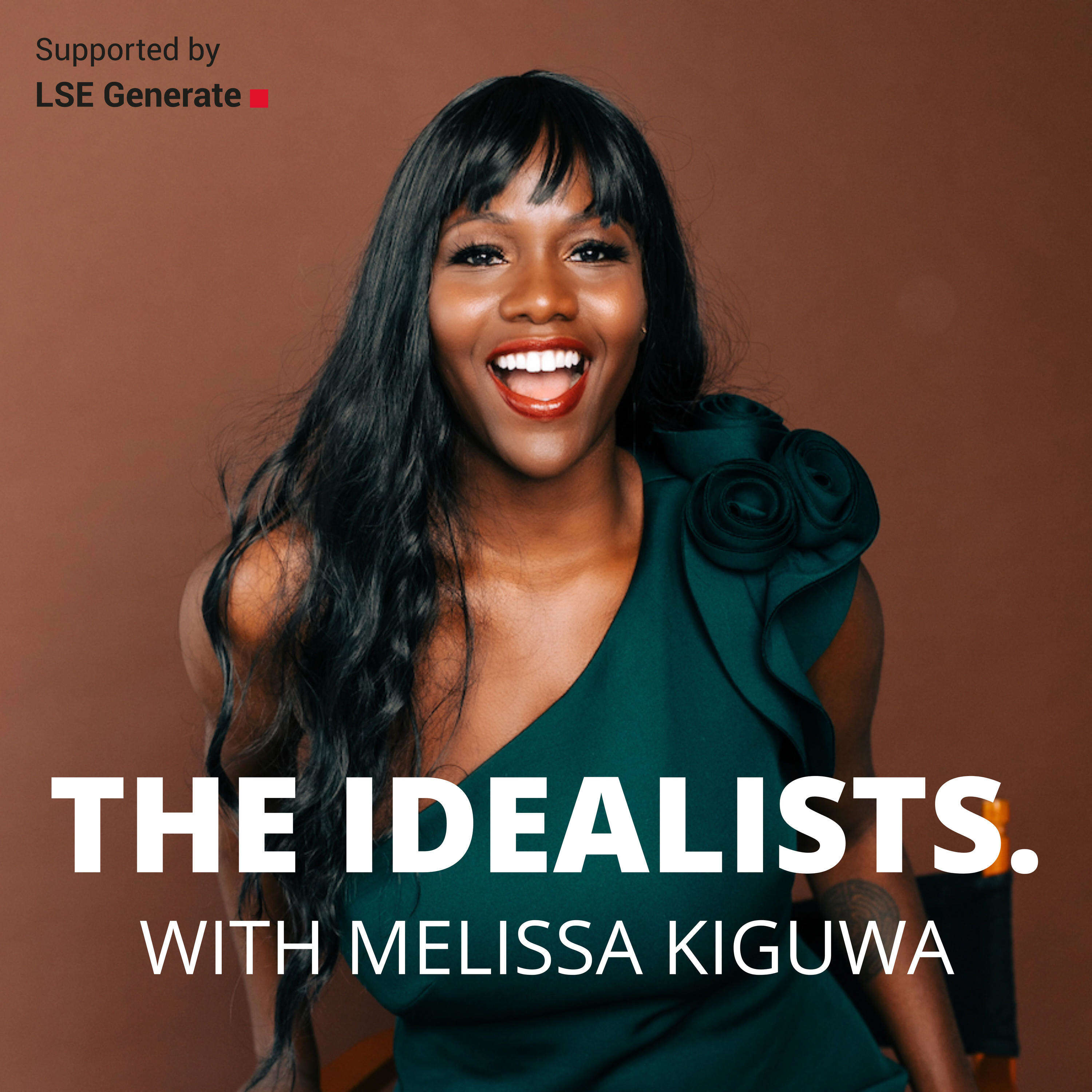- After-Shows
- Alternative
- Animals
- Animation
- Arts
- Astronomy
- Automotive
- Aviation
- Baseball
- Basketball
- Beauty
- Books
- Buddhism
- Business
- Careers
- Chemistry
- Christianity
- Climate
- Comedy
- Commentary
- Courses
- Crafts
- Cricket
- Cryptocurrency
- Culture
- Daily
- Design
- Documentary
- Drama
- Earth
- Education
- Entertainment
- Entrepreneurship
- Family
- Fantasy
- Fashion
- Fiction
- Film
- Fitness
- Food
- Football
- Games
- Garden
- Golf
- Government
- Health
- Hinduism
- History
- Hobbies
- Hockey
- Home
- How-To
- Improv
- Interviews
- Investing
- Islam
- Journals
- Judaism
- Kids
- Language
- Learning
- Leisure
- Life
- Management
- Manga
- Marketing
- Mathematics
- Medicine
- Mental
- Music
- Natural
- Nature
- News
- Non-Profit
- Nutrition
- Parenting
- Performing
- Personal
- Pets
- Philosophy
- Physics
- Places
- Politics
- Relationships
- Religion
- Reviews
- Role-Playing
- Rugby
- Running
- Science
- Self-Improvement
- Sexuality
- Soccer
- Social
- Society
- Spirituality
- Sports
- Stand-Up
- Stories
- Swimming
- TV
- Tabletop
- Technology
- Tennis
- Travel
- True Crime
- Episode-Games
- Visual
- Volleyball
- Weather
- Wilderness
- Wrestling
- Other
#65: (re)wind: Wanja Muguongo on Building a Movement on Your Own Terms
In this week’s very special (re)wind episode, THE IDEALISTS. podcast host and entrepreneur, Melissa Kiguwa, speaks with Wanja Muguongo, world-renowned Queer social justice activist, Yale World Fellow, and founder of UHAI, Africa's first indigenous fund created for and by LGBTI communities in East Africa. Under Wanja, the fund raised and distributed over $12 million to LGBTI and sex worker human rights movements in East Africa. In this rich, revelatory conversation, Wanja and Melissa dive deep into what it means to raise funding to tackle deep structural and systemic discrimination on your own terms.Highlights:<br/><br/>Wanja leads off the episode by discussing the field of participatory grant making in which funds are directed at the community level, by the community so that the impact is felt more authentically.<br/>Next, she discusses broad paradigm shifts in international human rights conversations and what it means to come to the table as Africans with the agency and knowledge of what will work there and what won’t. She also flips the script by fundraising from sources that have colonized Africa and left it in debt.<br/>Building on that, she discusses how participatory grant making puts the power back in the grantee’s hands. She cites the example of NGOs tending to fund the LGBTI community through the vectors of HIV, or the temporary rescue of LGBTI people in abusive situations (only for them to return to them) when it might make more sense to fund longer-term legal protection, legislation, and security strategies.<br/>Turning the conversation to women founders, Wanja relates the intentionality of her approach to fundraising and partnerships. While her focus is very friendship-driven, she understands the isolation women founders experience—especially if they are persons of color who also identify as LGBTI. <br/>Lastly, she talks about her decision to ultimately take a step back from UHAI at the ten-year mark, leaving the institution with a comprehensive body of work, a secretariat of people, and a set of self-sustaining systems to keep operating.

